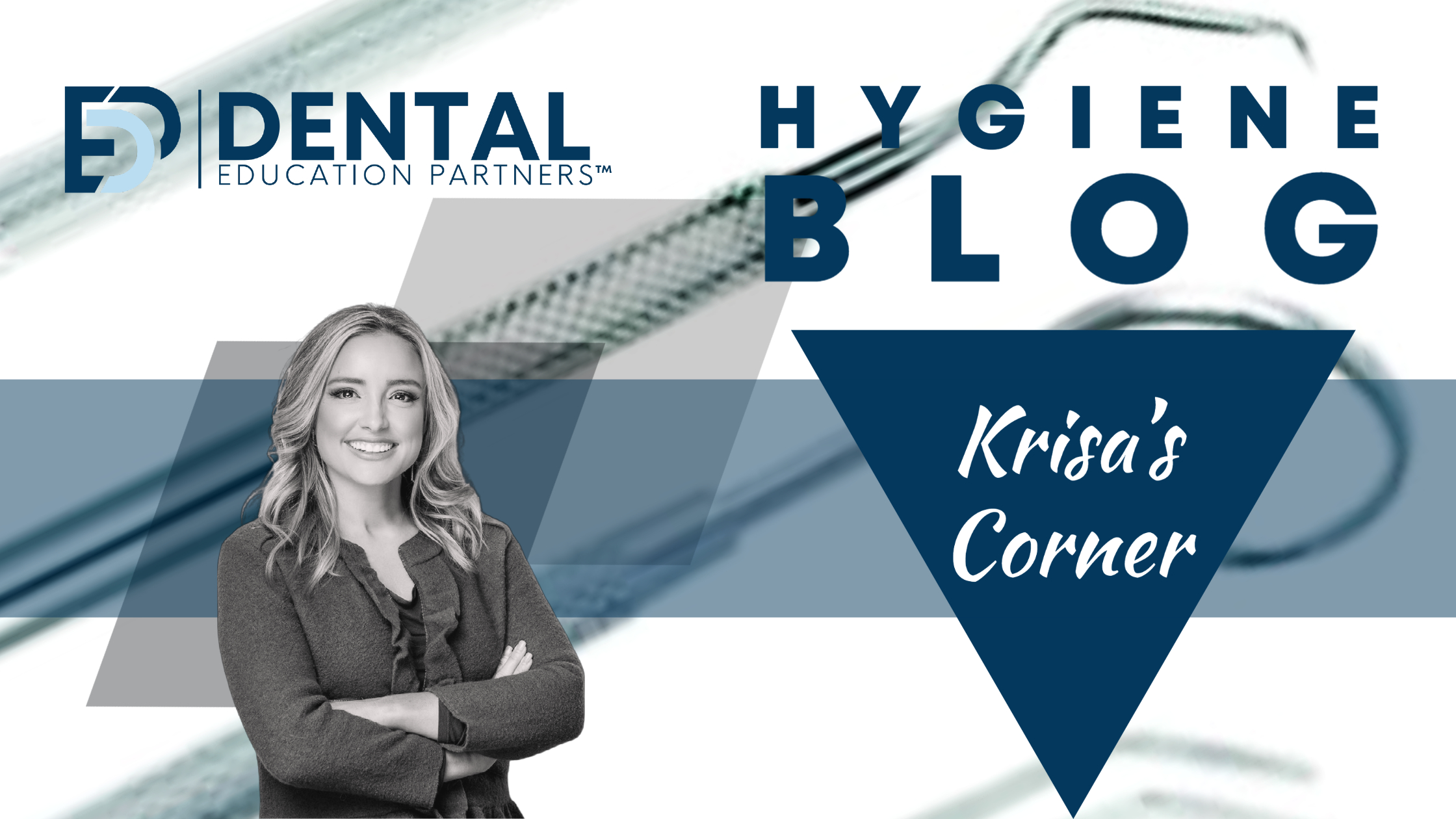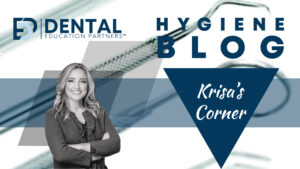For many dental hygienists, the clinical setting feels like home. It’s where they’ve spent countless hours perfecting their skills, building patient relationships, and making a tangible difference in oral health. However, there’s a vast world beyond the dental chair that offers exciting opportunities for growth and fulfillment. Transitioning to a non-clinical role can be a rewarding career shift, providing new challenges and ways to utilize your expertise. Here’s why and how you might consider taking this leap.
Why Consider a Non-Clinical Role?
- Diversified Career Path: Stepping into a non-clinical role allows you to diversify your career. Whether it’s in education, research, sales, or public health, these roles can offer a fresh perspective and keep your professional life dynamic.
- Work-Life Balance: Non-clinical roles often come with more predictable hours and less physical strain, contributing to a better work-life balance. This can be particularly appealing for those looking to spend more time with family or pursue personal interests.
- Influence and Impact: Working in a non-clinical capacity often means you can influence the industry on a larger scale. Whether through expansion and policy-making, product development, or public health initiatives, your work can have a broad and lasting impact.
- Professional Growth: Transitioning to a non-clinical role can open doors to new skills and professional development opportunities. It can also reignite your passion for the field by presenting new challenges and learning experiences.
Exploring Non-Clinical Opportunities
- Education and Training: Sharing your knowledge and experience with the next generation of dental professionals can be incredibly fulfilling. Consider roles in dental schools, community colleges, or as a corporate trainer for dental companies.
- Research: If you have a passion for discovery and innovation, research might be your calling. Dental hygienists can contribute to clinical trials, product testing, and public health studies, advancing the field and improving patient care.
- Sales and Marketing: Use your expertise to help dental product companies develop and promote their products. Your insights can guide product design and marketing strategies, ensuring they meet the needs of both practitioners and patients.
- Public Health: Working in public health allows you to focus on community-based prevention programs and policies. This role can be highly rewarding as you work to improve oral health outcomes on a larger scale.
- Writing and Consulting: Share your expertise through writing or consulting. Whether it’s authoring articles, creating educational content, or providing strategic advice to dental practices, your knowledge is a valuable asset.
Making the Transition
- Assess Your Skills and Interests: Reflect on what you enjoy most about being a dental hygienist and identify which skills you’d like to use in a new role. This self-assessment will help you find a non-clinical path that aligns with your passions.
- Network and Connect: Engage with professionals in the fields you’re interested in. Attend industry conferences, join professional organizations, and connect on social media platforms like LinkedIn. Networking can provide insights and opportunities that you might not find otherwise.
- Gain Additional Qualifications: Depending on the role you’re interested in, you might need additional certifications or education. Explore relevant courses and training programs to bolster your qualifications.
- Start Small: If you’re unsure about a full transition, consider starting with part-time or freelance work in your area of interest. This approach allows you to test the waters and gain experience without giving up your clinical role entirely.
- Seek Mentorship: Find mentors who have made similar transitions. Their guidance can be invaluable as you navigate the challenges and opportunities of a non-clinical career path.
Final Thoughts
Stepping out of a clinical role as a dental hygienist and into a non-clinical position is a bold and exciting move. It’s an opportunity to broaden your horizons, make a significant impact, and find new ways to leverage your skills and passion for dental health. Embrace the journey, and remember that your expertise is valuable in many areas. The world outside the clinical operatory is vast and full of possibilities. Dare to explore it!


